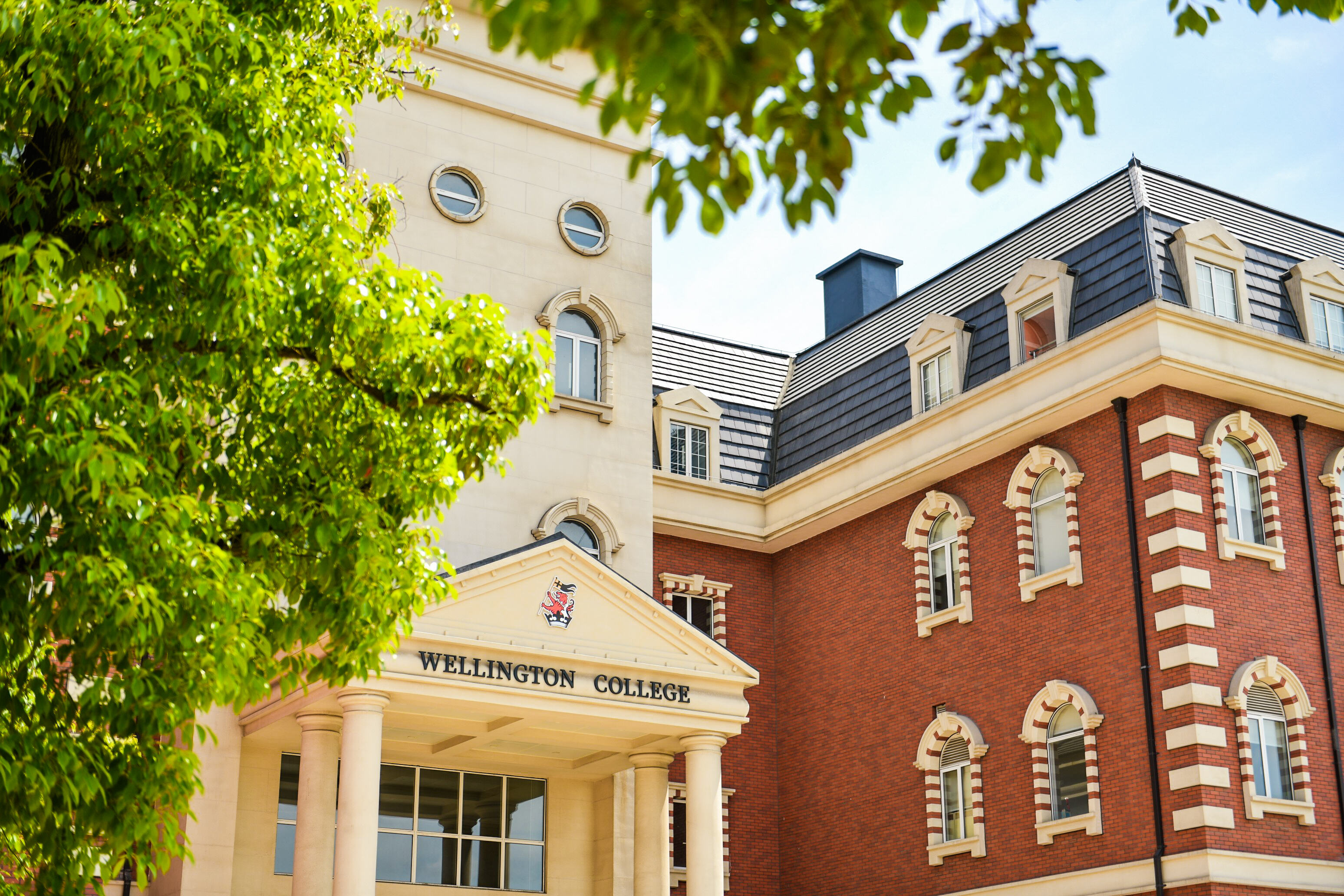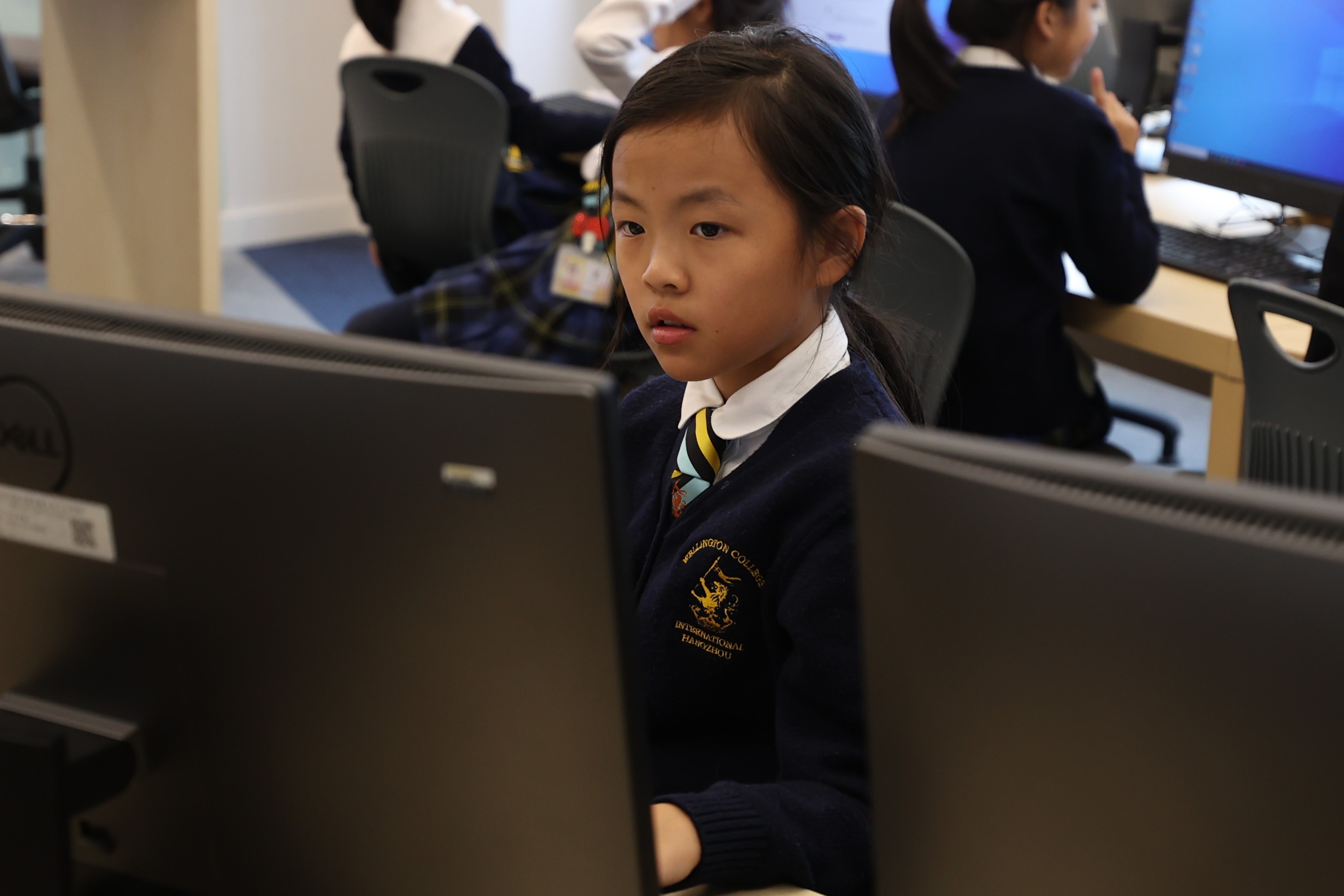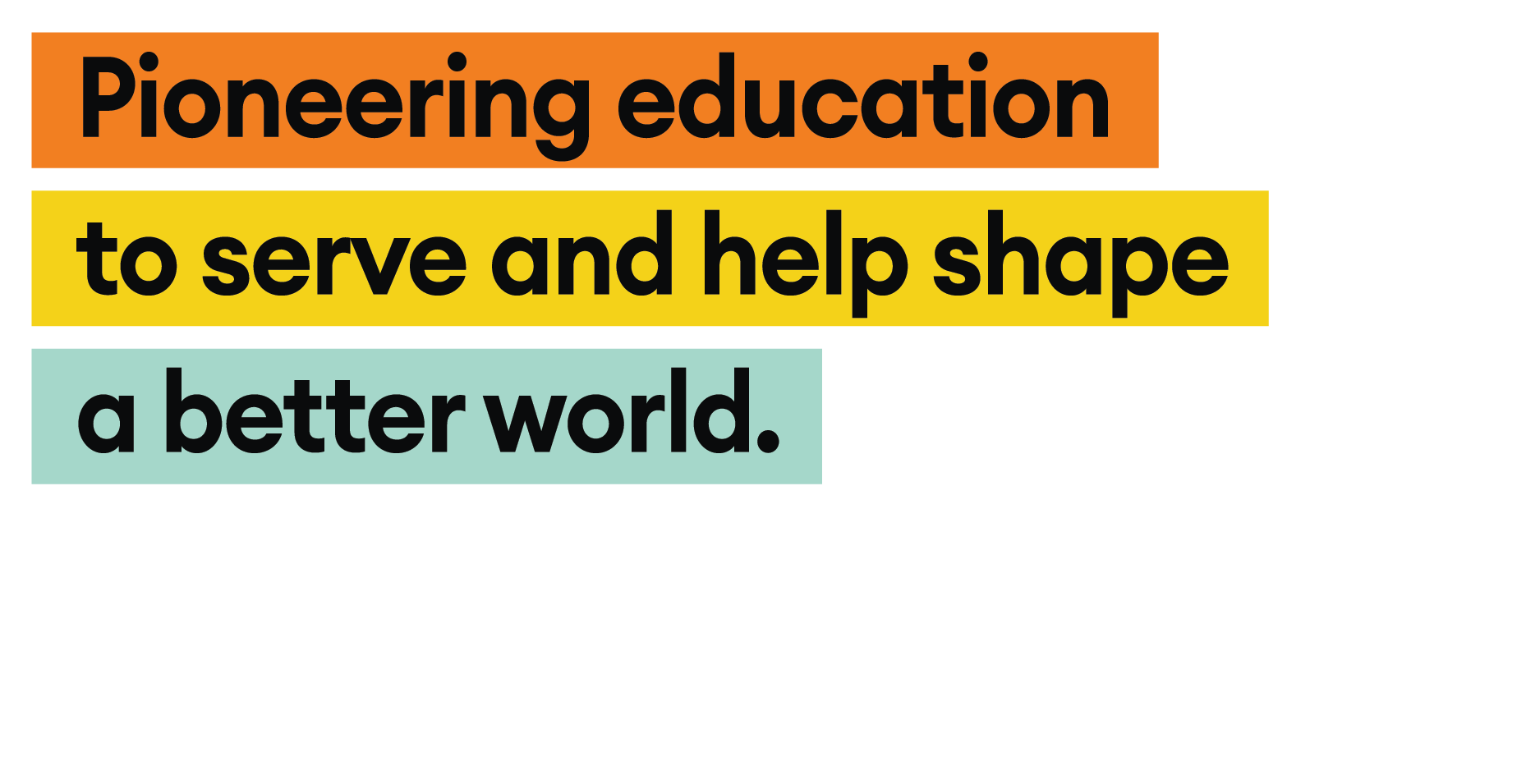The Week Ahead
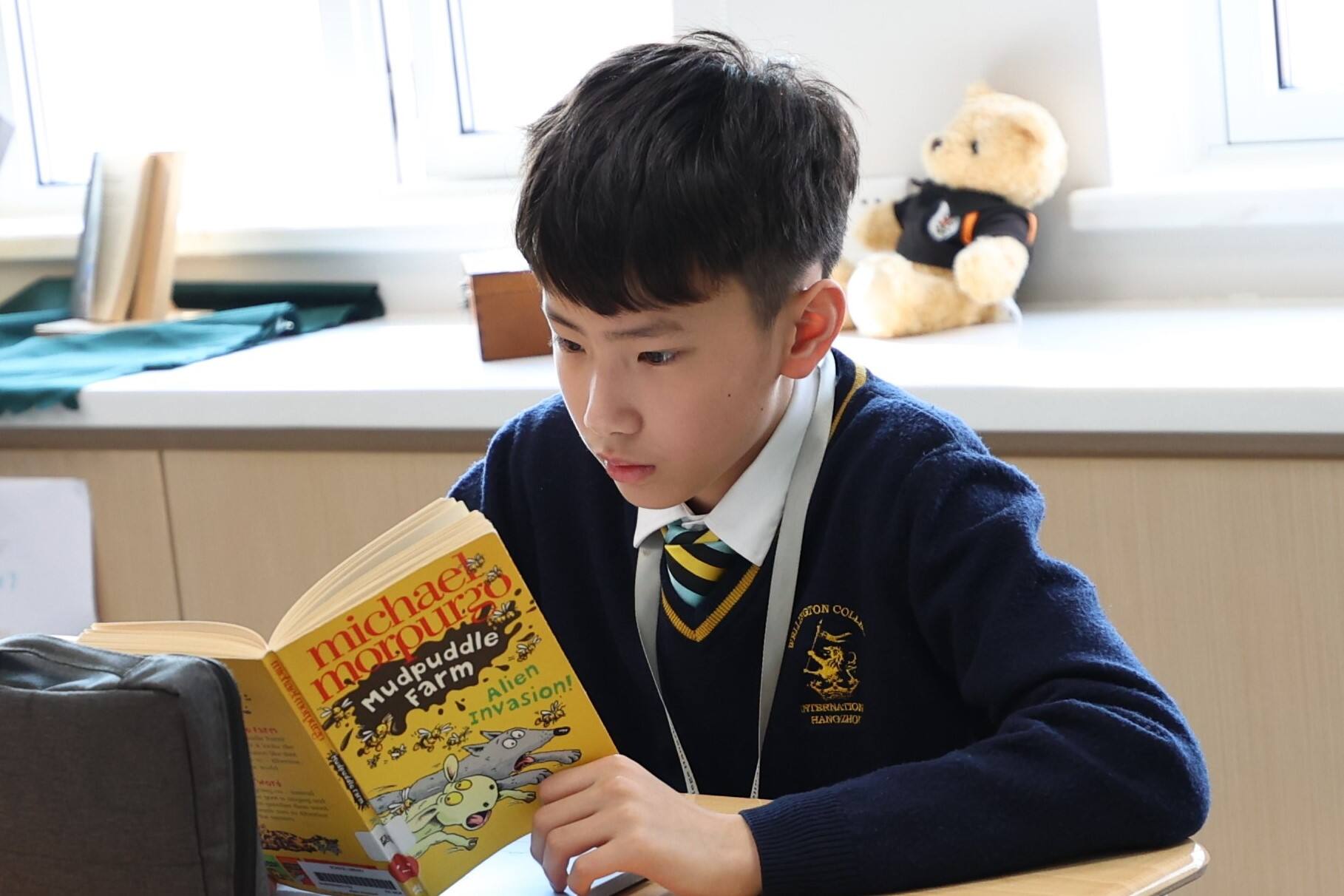
Senior School Matters
I have been outside at the end of the school day this week to enjoy the resumption of our wonderful School Activity programme. I have had the pleasure of watching our pupils play golf, learn archery, engage in team sports, plan Duke of Edinburgh award trips and learn about Chinese poetry - and that was all just on Tuesday.
We are very proud of our excellent School Activity programme at Wellington College International Hangzhou. Our key driver is academic excellence, as it should be in a world-class school like ours. However, in our thoughts and actions, we also prioritise pupil pastoral care and well-being and offer our pupils a broad range of opportunities. These opportunities beyond the curriculum enhance their academic learning and enable our young women and men to grow into the capable, well rounded, interesting and interested world leaders of tomorrow.
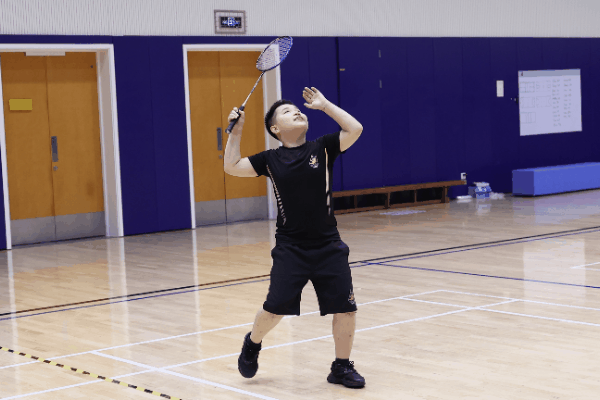
The SA programme is divided into four categories - Academic, Creative, Community and Physical - we encourage all pupils to experience new activities by picking SAs from each category rather than just all art, all computing or all sports based as some of our pupils did previously. It is important that each child experiences challenges and learns to relish chances to step outside of their comfort zone.
Later on in their lives, when it comes to writing University applications, those pupils with broad extra-curricular experience always find writing their application letters easier and, without fail, do better at interviews. Those pupils who fully engaged with a broad range of school activities have more to talk about; come across as authentic and interesting. The well-roundedness that I mentioned before is a highly sought-after characteristic for University admissions counsellors.
I am excited to see our pupils flourish by engaging with opportunities for personal growth through the School Activity programme over the coming months.
Stewart Brown
Head of Senior School
Sixth Form Matters

Getting ahead
I have often met with pupils and parents who have a clear idea of each learner’s university aspirations and possible careers. They are eager to start the journey towards their goals as soon as possible but do not always know how and where to begin. A great way to start is to indulge your intellectual curiosity and love of learning. Then, pupils can start exploring all these fantastic resources available to young learners:
Listen to University of Oxford podcasts (many interesting topics such as Inspiring Women in Science, Bioethics, the Future of Business and more)
Watch a Ted Talk (hundreds of engaging speakers share their ideas from climate change action to Psychology to the evolution of technology)
Listen to In Our Time podcasts (discussions about the history of ideas - including topics drawn from philosophy, science, history, religion and culture)
I encourage everyone in our community to investigate all the learning opportunities these resources offer. If any pupils or parents would like any further suggestions on action that can be taken now to enhance a university application or to learn for the love of learning, then please contact the Head of Sixth Form (hatty.leung@wellingtoncollege.cn)
Upcoming Events
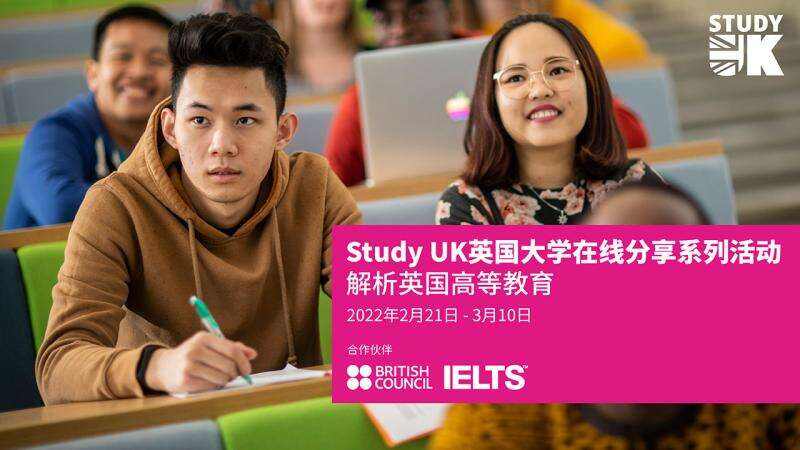
https://www.britishcouncil.cn/en/study-uk/university-webinar-series/programme
Join the Study UK University Webinar Series to get an inside look into the UK’s higher education and discover your career roadmap. Featuring 50 speakers from 19 renowned institutions sharing inspiring stories and interactive talks for ten days. Register today using the link here.
Hatty Leung
Head of Sixth Form
Primary School Matters
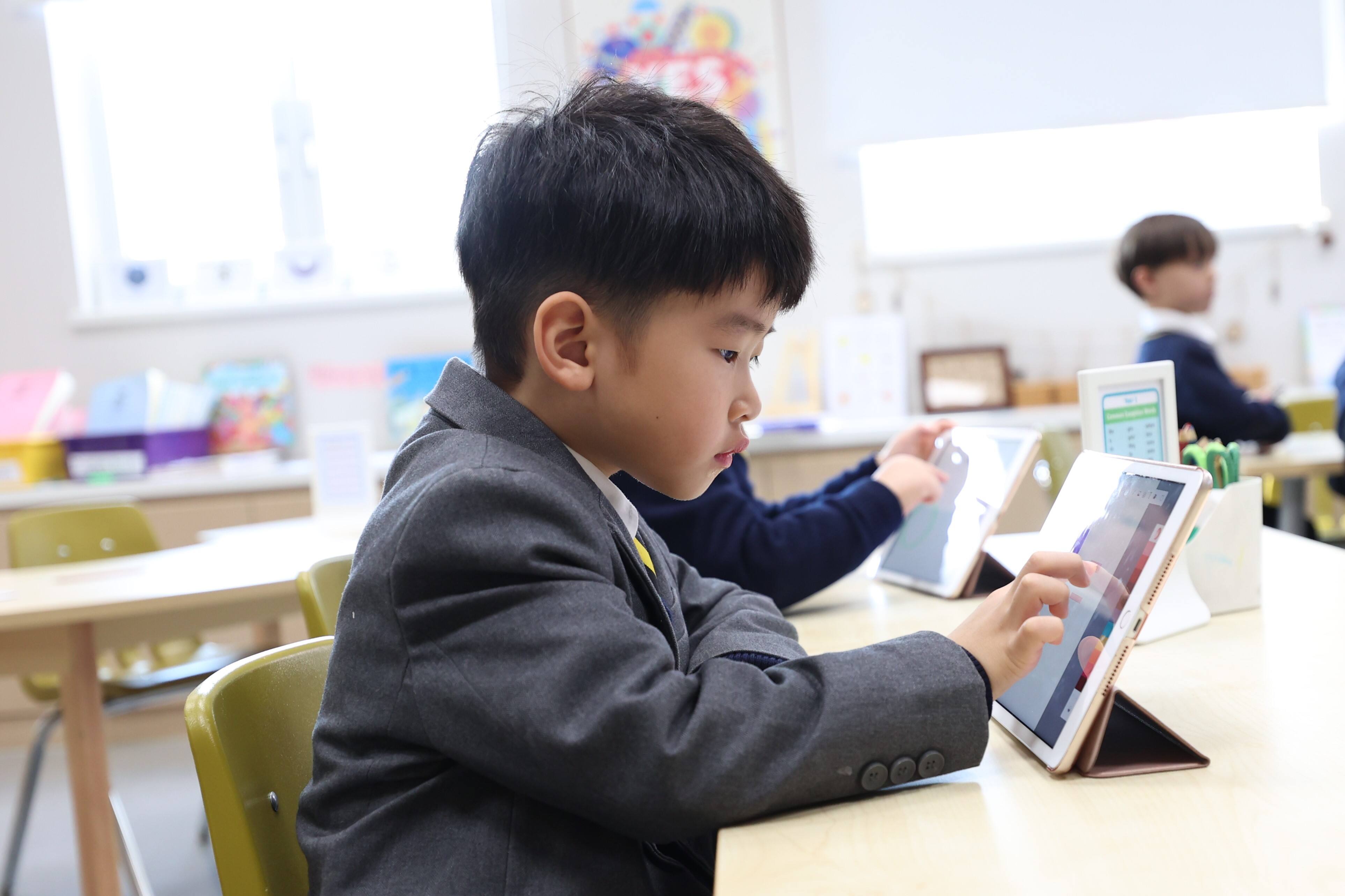
Austin’s Butterfly
In our assembly this week, we discussed the power of critique and resilience in improving our work. 'Austin’s Butterfly' is an excellent example that demonstrates this.
Austin was a first-grade student in the USA who created a scientific drawing of a butterfly for a notecard sold to raise funds for butterfly habitats. The teacher shows pupils six drafts of this drawing and elicits their kind, specific and helpful critique to consider how each draft could improve. The progress of the drawing from a primitive first draft to an impressive final draft is a powerful message of how critique and resilience can help us improve.
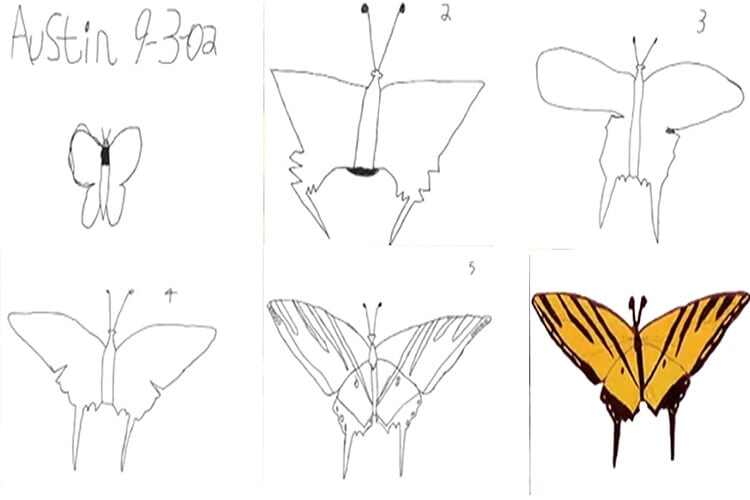
The lesson for us as educators is to not settle for low-quality work because we underestimate the capacity of pupils to create great work. With time, clarity, critique and support, pupils can do much more than we imagine.
The video models that critique is kind, helpful and very specific, focused on well-defined outcomes. Moreover, that children can learn to do this, Austin improved his butterfly based on feedback from his peers. In lessons over the next few weeks, pupils will aim to give their peers purposeful and clear feedback to help build aspects of their work, understand what it feels to give and receive critique, and test their resilience to improve.
Matthew Coleman
Head of Primary School
Performing Art Matters
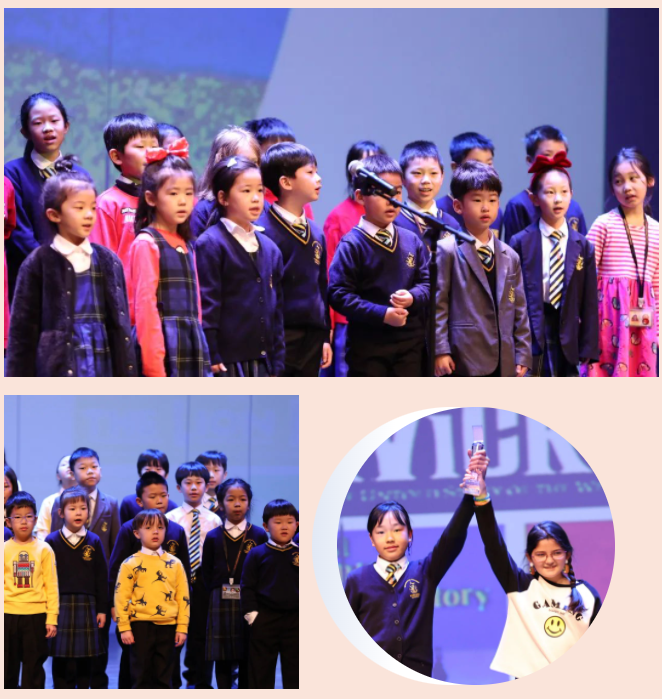
A glimpse to the Primary House Singing Competition
More to come next week
Paul Roseby, director of the National Youth Theatre, says that arts are instrumental to academic achievement and personal development – and should be as important in schools as sport and academic subjects. According to the World Economic Forum, creativity will be the third most important skill in the jobs market. In addition, complex problem solving and critical thinking are required for successful theatrical production or exhibitions. At Wellington College International Hangzhou, we have an excellent performing arts curriculum and programs that offer our pupils to experience these skills through all grades.
There are many reasons behind the importance of performing arts (music, dance, and drama). These disciplines are essential to enhance learning academic subjects like Mathematics, Science, and language.
The benefits of Music, Dance and Drama: these subjects help children to establish a positive learning state, create the desired atmosphere, build a sense of anticipation, change brain wave states, focus concentration, increase attention, improve memory, facilitate a multisensory learning experience, release tension, enhance imagination, develop rapport, and provide inspiration and motivation.
Alejandro Montoya
Director of Performing Arts
Sport Matters
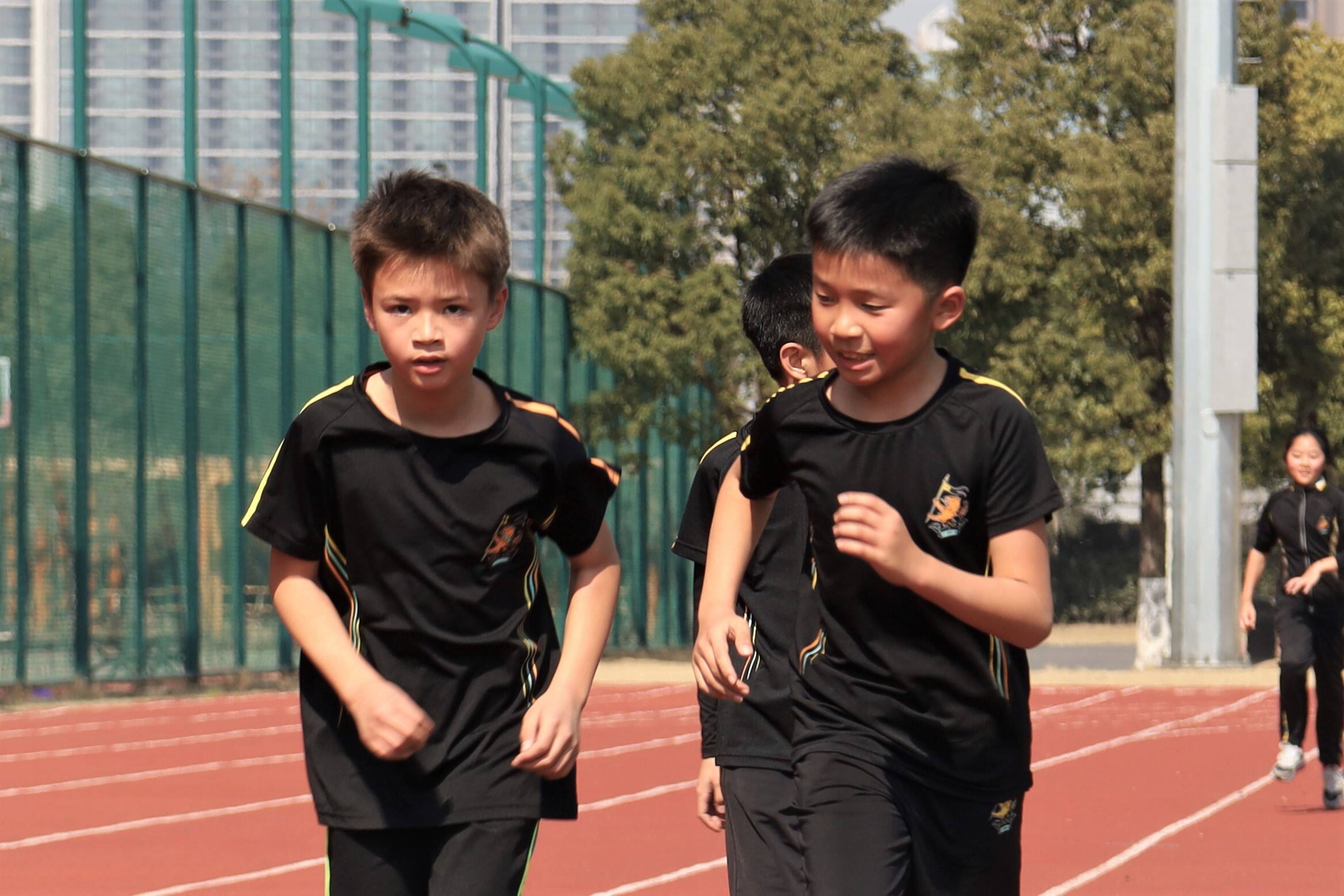
This week was action-packed in terms of physical education lessons. The lower primary school children had so much fun developing their balance while moving in different directions. They jumped, hopped and leapt over hoops while moving to the beat of the music. These skills are essential for a range of sports the children will play in the years to come.
The upper primary school children continued working on their ability to move to a beat and needed to follow a set of moves. After revising some previously learned dances, they learned a new Scottish dance called The Linton Ploughman. As the children became more familiar with the steps, it was wonderful to see the children having fun dancing with their friends. It is hoped the children will take this new-found love of dance and continue it in the years to come.
The senior school pupils began preparing for the FOBISIA 5km virtual running challenge. Under the guidance of Mr Schulze, the children revised the cues for middle-distance running. They challenged themselves to see how far they could run in a fixed period and set goals for future efforts. The attitudes and effort displayed exemplified what a truly magnificent place WCIH is to learn and play sport.
Timothy Schulze
Head of PE
Dukebox Matters

Please click here to tune into our Dukebox radio.
"Listen again" service
Martin Bailey
Dukebox Presenter
Upcoming Events

Related Articles











